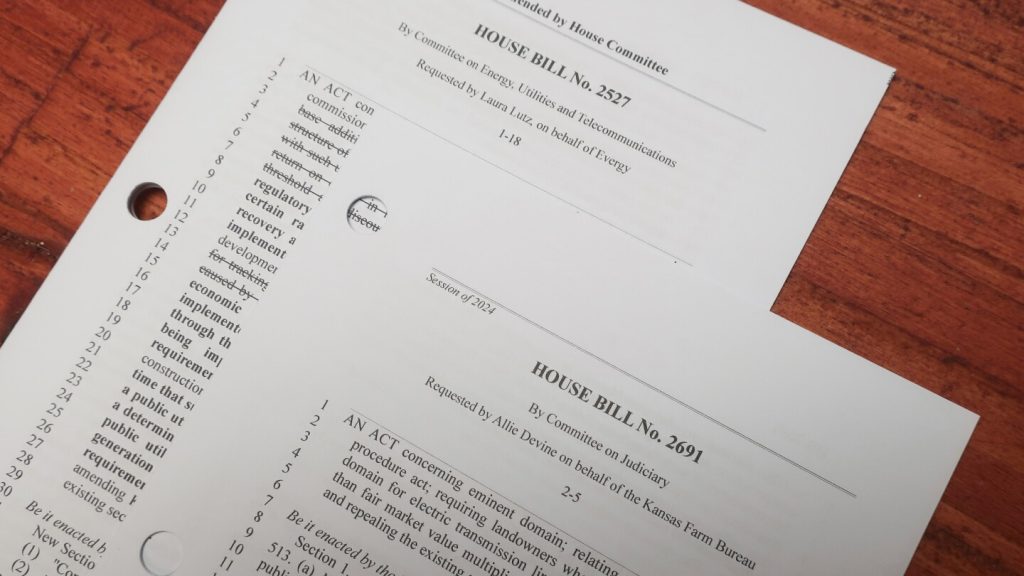The Kansas House has made a significant move towards transparency by requiring bills to list who requested them, whether it be a lawmaker or a lobbyist for a specific client. This change has been praised as a step towards rebuilding trust with the public in the legislative process. Lobbyists in Kansas are now required to disclose the bills they are interested in, which is not a common practice in other state legislatures. Bills like House Bill 2527, relating to electricity rates, and HB 2691, regarding eminent domain, have been requested by lobbyists for specific companies or organizations.
While some lobbyists have not expressed public criticism of the new practice, there has been less enthusiasm among some within the Statehouse. The Kansas Senate is not required to follow the new disclosure rules, and its president has not given much thought to the idea. However, other states like Colorado, Delaware, and Massachusetts also have disclosure rules for lobbyists, but Kansas is unique in listing lobbyists and groups on bills. The change has been seen as a positive step towards increasing government transparency.
Some lawmakers in the House have shown support for the increased transparency and are willing to go even further with it. Rep. Stephanie Sawyer Clayton welcomed the idea of lawmakers wearing badges with the names of their top campaign contributors. Kansas House members recognize the importance of being transparent about who is behind a bill, and this extra disclosure can lead to more accountability and understanding of the implications of proposed legislation.
The move towards more transparency in the Kansas House was a significant change in the legislative process, which traditionally involved individual lawmakers sponsoring bills. Committees sponsoring bills had become more common over the years, leading to concerns about transparency and public accessibility to information about proposed laws. The new rules requiring more information on bills have been adopted with broad, bipartisan support, signaling a shift towards more openness and accountability in the state legislature.
While some critics still believe that the legislative process in Kansas is not transparent enough, the move to require disclosure of bill requestors is seen as a positive step forward. The change is aimed at helping lawmakers and the public better understand the intentions behind proposed legislation, ultimately leading to a more accountable and transparent government. Despite concerns that the practice might make legislation seem transactional, supporters believe that increased transparency will ultimately benefit the public and improve trust in the legislative process.


